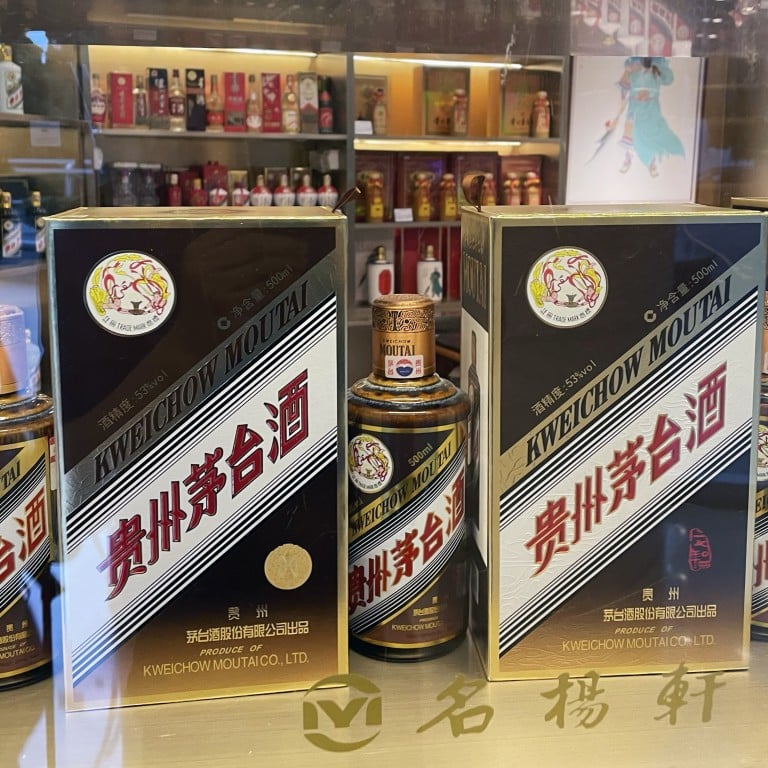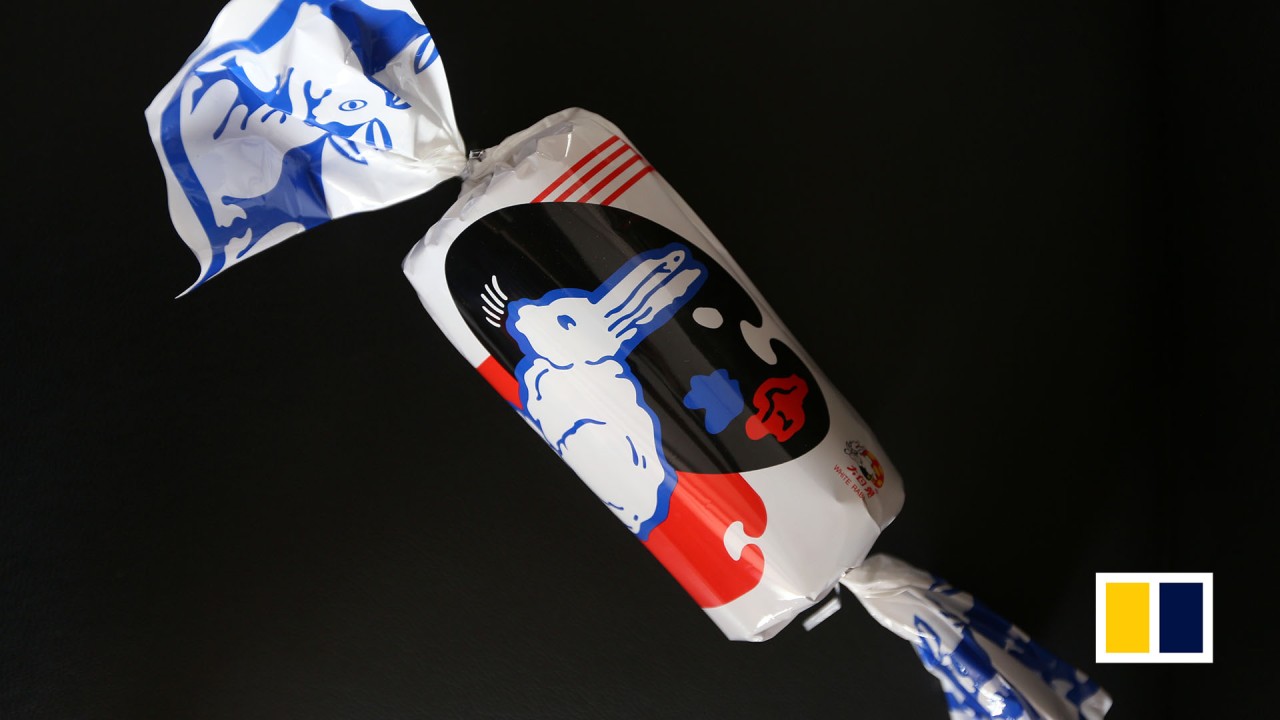
China’s top 100 storied brands lose 4.5 per cent of their intangible assets value as economic downturn weakens consumer demand: Hurun Report
- Consumers, spooked by concerns about job prospects amid a bleak economic outlook, are hunting for bargains when they buy consumer goods, the study found
- The top brands on the list include liquor distillers Kweichow Moutai and Wuliangye Yibin, drug manufacturer Tong Ren Tang and China Construction Bank
Consumers, spooked by concerns about job prospects amid a bleak economic outlook, continue to actively hunt bargains when they purchase consumer goods such as personal care products, the study found.
“The time-honoured brands also fell victim to a slowing economy, but their great history could help them wade through economic turbulence,” said Han.
Brand value is measured by assessing the price premium it generates when compared to a similar but unbranded product or service.
The top brands on the list include liquor distillers Kweichow Moutai and Wuliangye Yibin, drug manufacturer Tong Ren Tang, roast duck restaurant chain operator China Quanjude, and China Construction Bank.
“They have brought a lot of inspiration to emerging brands,” said Rupert Hoogewerf, chairman and chief researcher of the Hurun Report. “It is important for the brands to learn how to retain age-long tradition and avoid being eliminated by the market.”
Durability, the value of the intangible assets and cultural heritage are the key elements accounting for the success of the brands, he added.
Yiyuanqing, a vinegar brand originating from Taiyuan, the capital of central China’s Shanxi province, has the longest history of the names on the list, at 646 years.
Some of the brands, such as the bigger banks, have helped shape China’s national economy during the past century, making it into the world’s second-largest economy today.
Some consumers were willing to pay scalpers as much as 500 yuan for a taste of the milk tea, which normally sells for 19 to 23 yuan, since they had to spend more than two hours queuing for a cup of the famous drink.
White Rabbit’s milk-flavoured confectionery rose to global prominence in 1972, when then premier Zhou Enlai presented some to US president Richard Nixon.


